Experts Agree—These Bakuchiol Serums Work Just as Well (If Not Better!) Than Retinol
I asked a derm and cosmetic chemist for their hot takes.
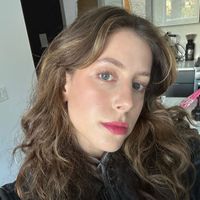
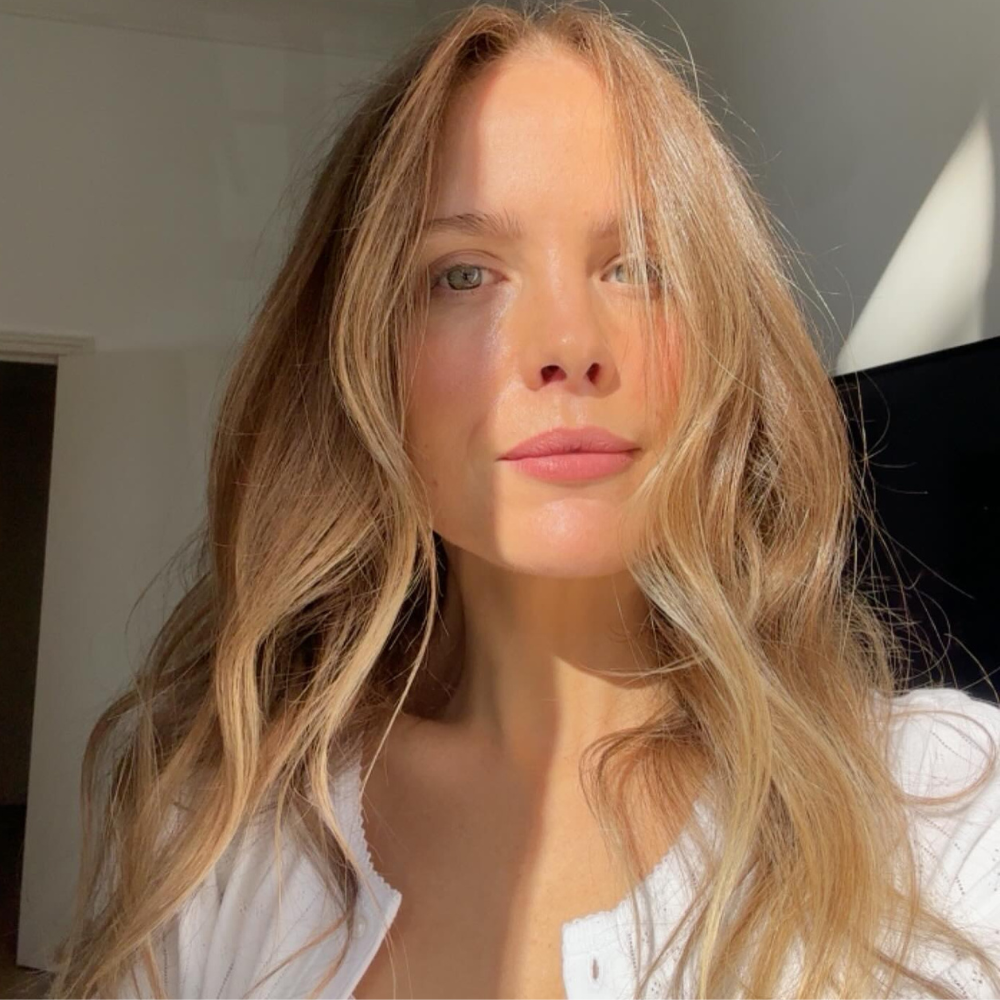
What if I told you that you could experience all the skin-smoothing, clearing benefits of retinol without the unwelcome side effects (peeling, burning, redness, etc.)? It's not a fantasy—it's called bakuchiol. Yep, the plant-based ingredient is revered by derms and aestheticians as nature's best alternative to retinol, and the hype is well-warranted.
Retinol is a very finicky (albeit powerful!) ingredient, so you need to use it alongside a very simple skincare routine, lest you overwhelm your skin barrier. I personally test way too many beauty launches on a weekly basis to commit to a potent retinol serum—receiving hundreds of product samples is both a blessing and a curse—but bakuchiol is far easier to incorporate with other strong actives. It also can be used throughout pregnancy and during the day (whereas retinol makes your skin incredibly sun sensitive, and thus should only be used at night).
Given all these perks, why wouldn't you want to try the buzzy retinol alternative? Ahead, discover my favorite bakuchiol serums to slather on, as well as expert-approved picks from a dermatologist and a cosmetic chemist. Whether you're a staunch retinol user or have yet to overcome your fear of the vitamin A derivative, you'll surely fall in love with these effective, natural formulas.
The Best Bakuchiol Serums, Listed
- Best for Uneven Skin Texture: Herbivore Botanicals Bakuchiol Retinol Alternative Smoothing Serum
- Best Potent: Paula's Choice Clinical 0.3% Retinol + 2% Bakuchiol Treatment
- Best for Evening Use: Isdin Isdinceutics Melatonik Rejuvenating Night Serum
- Best for Acne-Prone Skin: Savor Beauty Blue Tansy 2% Bakuchiol Serum
- Best for Dark Spots: Alpyn Beauty Vitamin C & Bearberry Instant Glow Serum
- Best Splurge: Mimi Luzon Skincore Crème Oil
- Best for Dry Skin: Dr. Jart+ Prejuvenation Firming Bakuchiol Serum for Preventative Aging
The Best Bakuchiol Serums of 2025
Best for Uneven Skin Texture: Herbivore Botanicals Bakuchiol Retinol Alternative Smoothing Serum
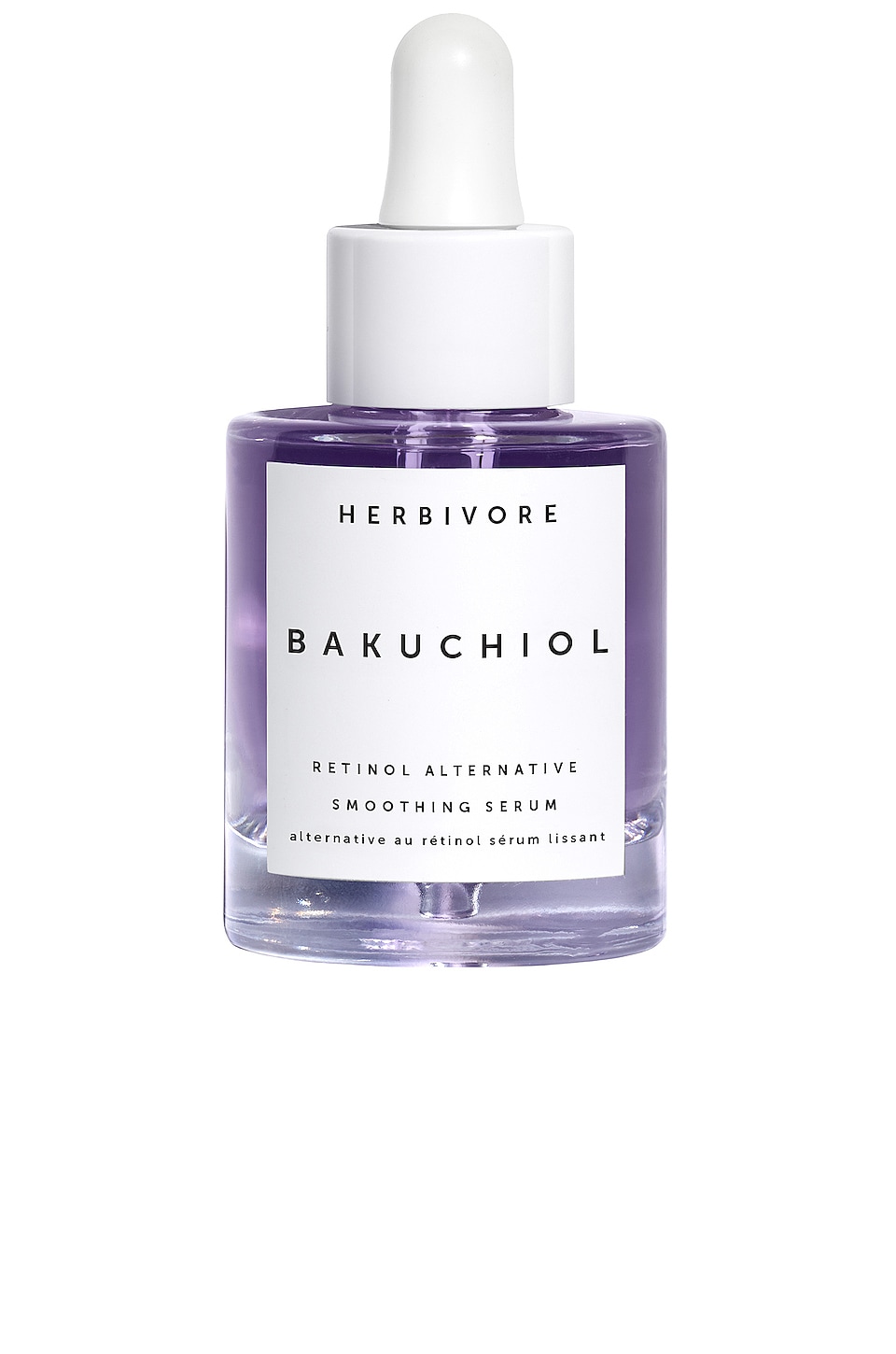
Pros: Lightweight texture, makes the skin look plump and bouncy
Cons: Dries down a bit sticky
Other key ingredients: PHA, tremella mushroom, blueberry stem cells, amethyst extract
Krupa Koestline, clean cosmetic chemist, Ayurvedic practitioner, and founder of KKT Innovation Labs, immediately recommends this gentle pick, "which blends bakuchiol with hydrating ingredients like tremella mushroom." It has a bouncy, jelly-like texture that absorbs instantly into the skin and provides a subtle plumping effect. It also contains a gentle PHA to exfoliate the skin while the bakuchiol helps stimulate cell turnover. The result? Bright, smooth, hydrated skin.
Customer review: "I have sensitive skin, [and] after a month of use I started seeing results on my face. I love the texture and no harsh smell. Really good product."
Best Potent: Paula's Choice Clinical 0.3% Retinol + 2% Bakuchiol Treatment
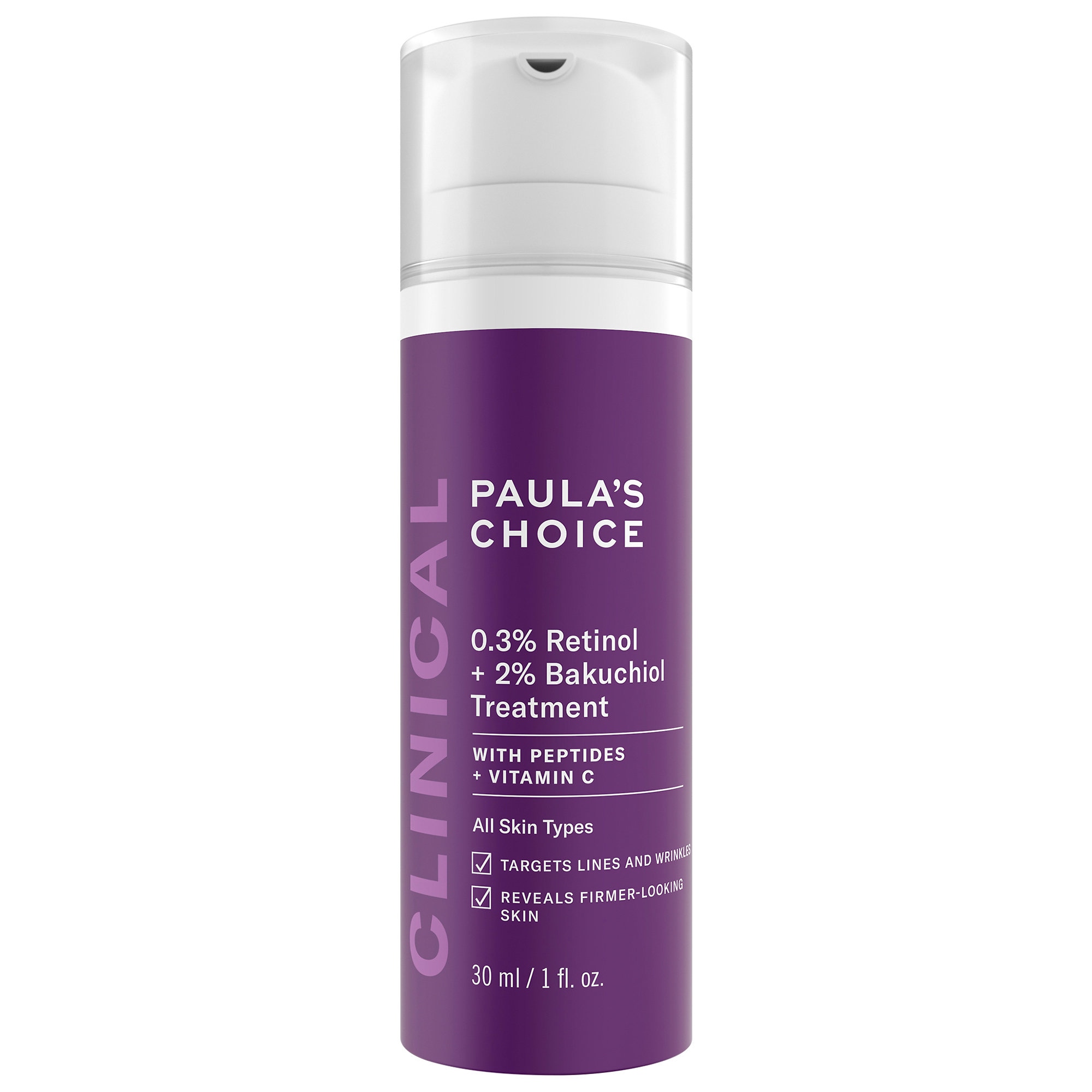
Pros: Very potent, fragrance-free, great for looking for something a tad gentler than traditional retinol
Cons: Contains actual retinol, if you're super sensitive to the ingredient
Other key ingredients: 0.3% retinol, peptides
Bakuchiol plays nice with other skincare ingredients—including retinol! This potent Paula's Choice serum combines the vitamin A derivative with 2% of its plant-based alternative for a gentler yet effective skin-smoothing treatment. It also features peptides for more collagen support, in case you're looking for even more healthy aging benefits. It has a thicker consistency than mosts serums (it feels almost like a lightweight cream), so you could use it alone during warmer months or underneath a night cream during the winter.
Customer review: "This moisturizer is very gentle but effective. So far I have seen an improvement in skin texture, pore size, and fine lines. I've only been using it about 10 days but can't wait to see the results that 30 days will give. I like that this product uses a combo of retinol and bakuchiol to help reduce irritation and sun sensitivity that higher percentage retinol products can cause. I can apply this around my eyes with no problems. I also love that it contains peptides to help with firmness. This cream absorbs well with zero greasiness and doesn't just sit on the skin like some bakuchiol products I've used in the past. It has a very minimal scent."
Best for Evening Use: Isdin Isdinceutics Melatonik Rejuvenating Night Serum
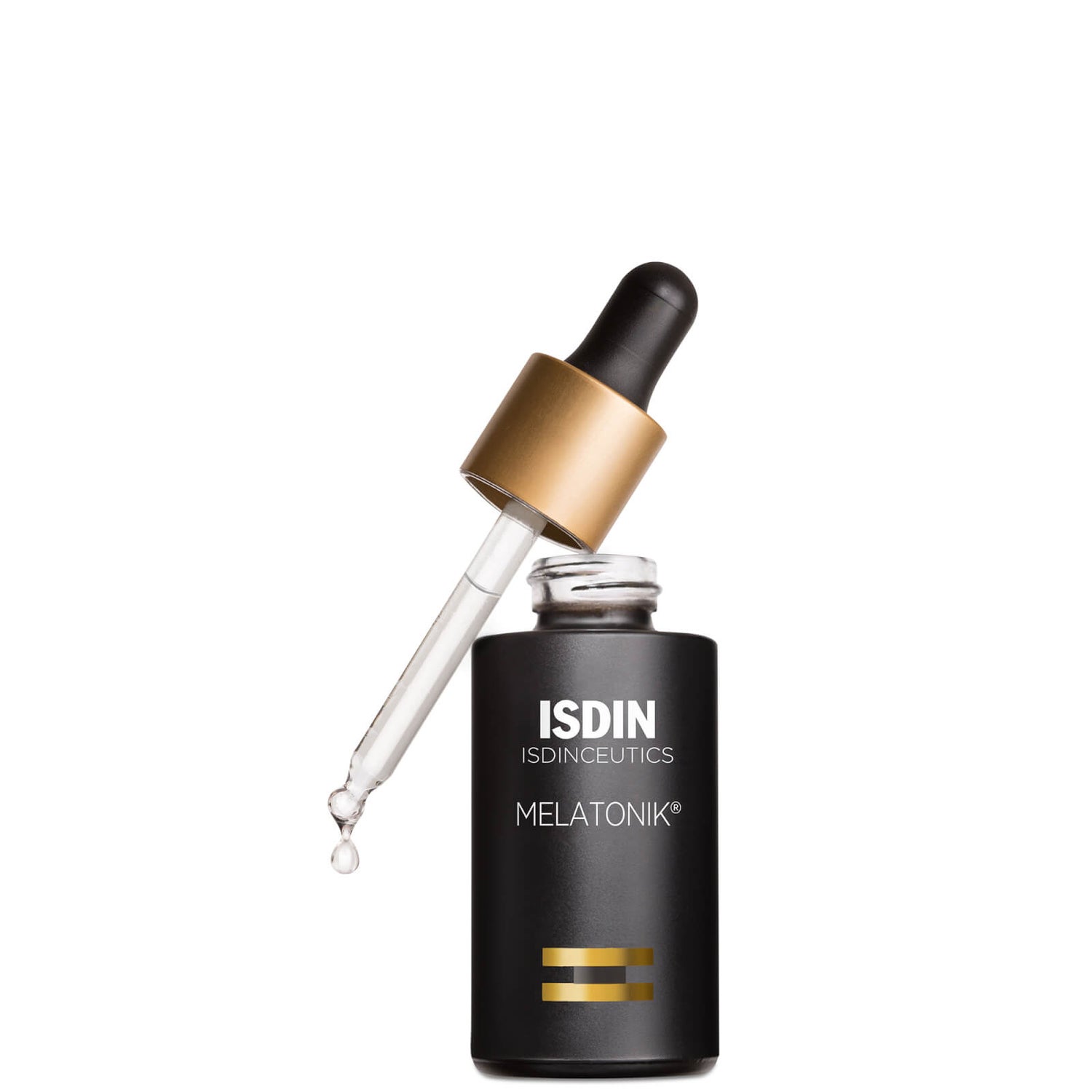
Pros: Very gentle, fragrance-free, great overnight treatment
Cons: Serum-in-oil format isn't the best for acne-prone skin
Other key ingredients: Melatonin, vitamin C
Board-certified dermatologist Sara Hogan, MD, FAAD, considers this Isdin serum her go-to pick. "The formulation is designed to repair skin overnight, even complexion and improve texture. It is lightweight and absorbs quickly after application," she tells Who What Wear. You might see melatonin on the label and raise a brow—isn't that the hormone that makes you feel sleepy? Actually, melatonin has very potent antioxidant properties for skin and has even been shown to improve signs of aging.
Customer review: "Beauty sleep reimagined with this one! I put it on at night and woke up with brighter & refreshed skin! A must have for your night time routine."
Best for Acne-Prone Skin: Savor Beauty Blue Tansy 2% Bakuchiol Serum
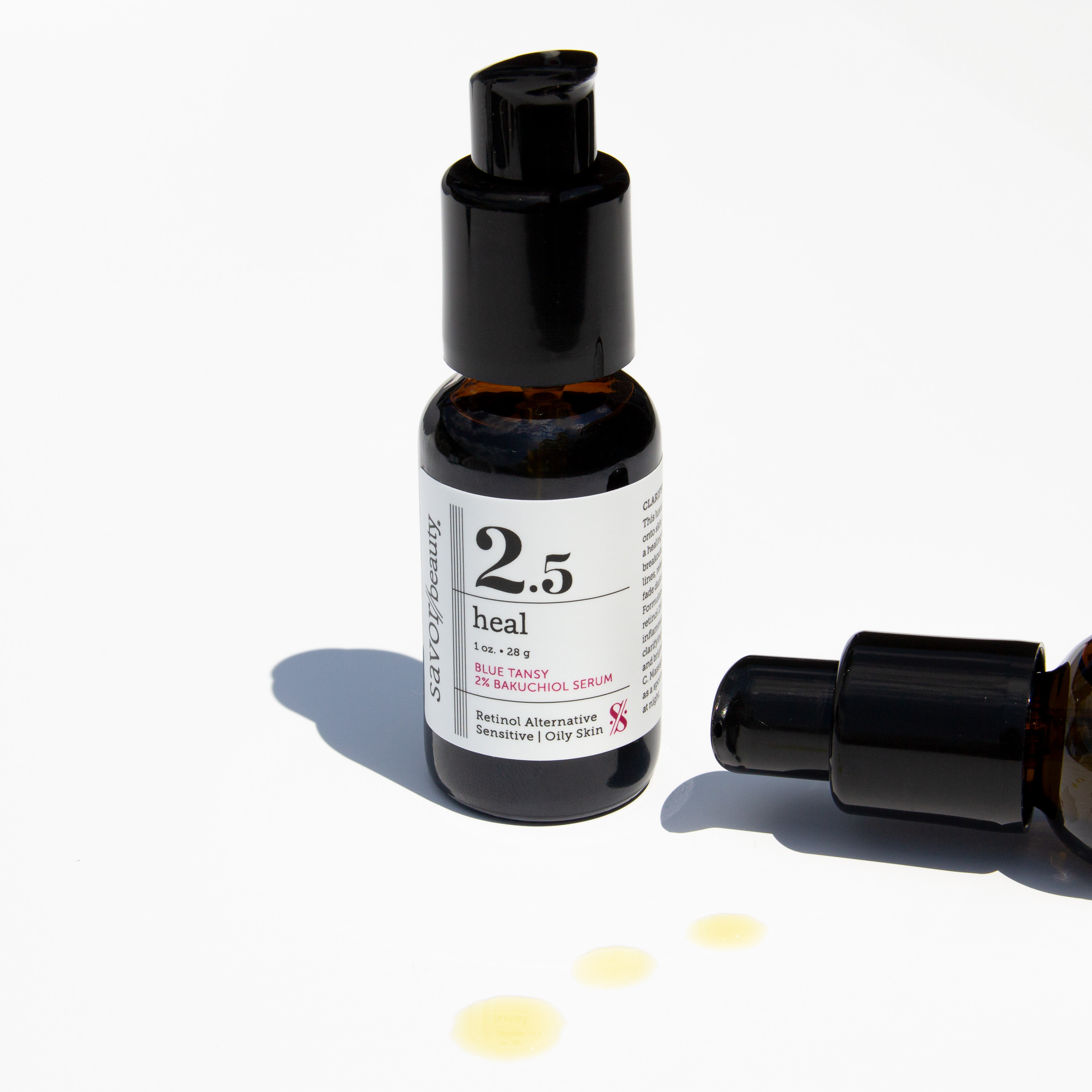
Pros: Can be used as an allover serum or spot treatment, lightweight texture that absorbs instantly
Cons: Regenerate version contains essential oils, if you're sensitive to natural fragrance
Other key ingredients: Blue tansy, salicylic acid, vitamin C
This potent oil-serum contains a whopping 2% of bakuchiol (the average range is 0.5% to 1%), along with anti-inflammatory blue tansy to brighten skin and fade dark spots. It also comes in two forms: a clarifying dry oil meant for acne-prone skin and a luxurious, regenerating elixir to nourish dry complexions. Both versions promote cell turnover thanks to the hero ingredient, which results in a smooth, healthy glow.
Customer review: "I was excited to see that Savor had come out with a bakuchiol serum, as I find retinol products too harsh for my somewhat dry, sensitive skin. I bought the version for dry skin. The formula is lightweight and absorbs easily. I have been using [it] every other night and have not experienced any dryness or irritation, and the blue tansy smells amazing! Will be re-purchasing."
Best for Dark Spots: Alpyn Beauty Vitamin C & Bearberry Instant Glow Serum
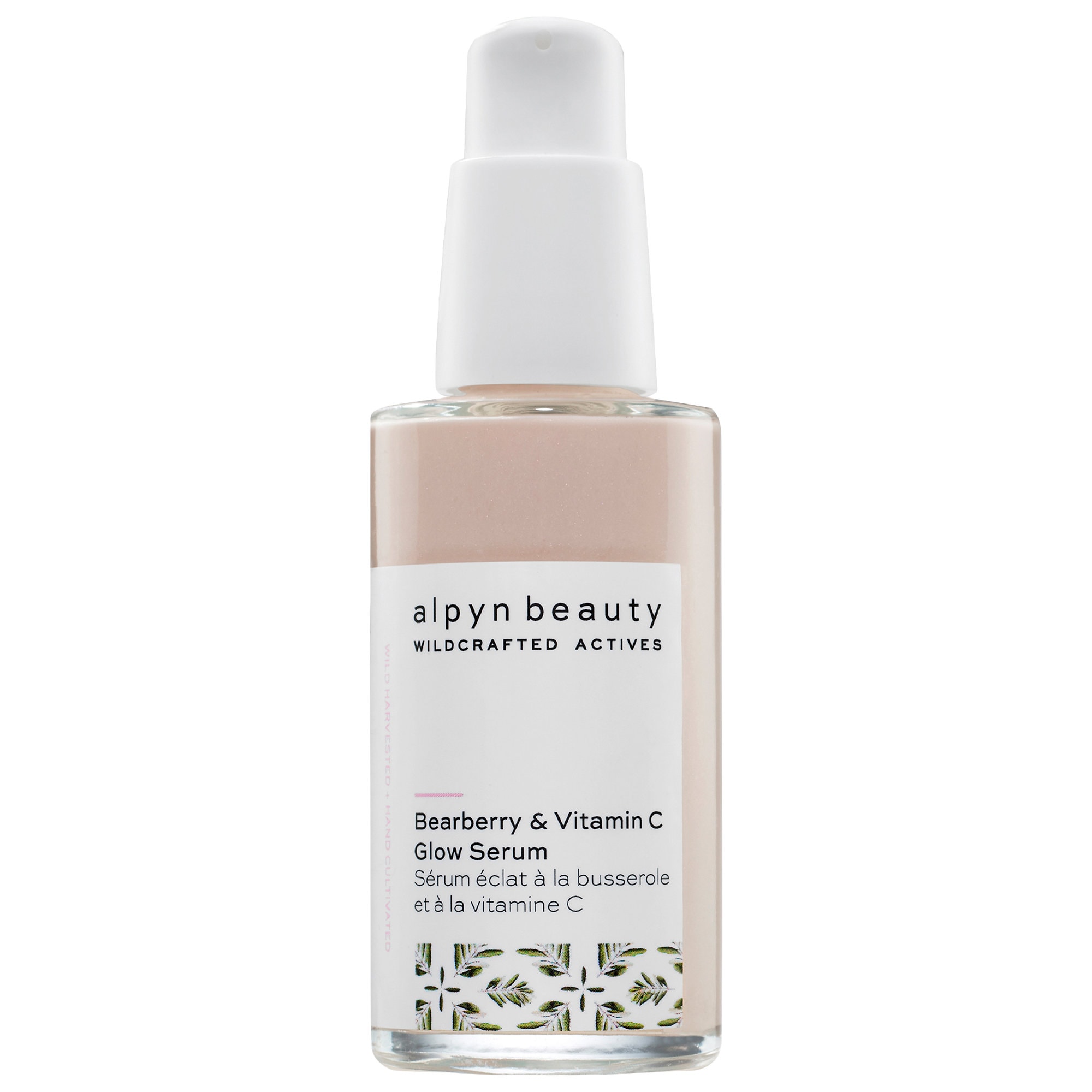
Pros: Hydrating, smoothing, and brightening, great for daytime and nighttime use
Cons: Contains essential oils, if you're sensitive to fragrance
Other key ingredients: Bearberry, vitamin C
Alpyn Beauty can do no wrong in my eyes. Each thoughtfully crafted formula leaves my skin looking better and brighter than it did before, and that's 100% the case with this glow serum. If dark spots are your main gripe (*raises hand*), you simply must try this bearberry- and vitamin C–infused solution. Bakuchiol promotes cell turnover, while the aforementioned antioxidants make your complexion clear and even-toned. It also features aloe vera juice as the first ingredient (as opposed to water), which makes it ultra hydrating.
Customer review: "This serum has completely transformed my skin—it's like a ray of sunshine in a bottle! My complexion looks brighter, smoother, and more radiant than ever before. The vitamin C and bearberry extract work wonders together to give me a natural-looking glow that lasts all day. I love how lightweight and easily absorbed it is, making it perfect for daily use. My skin has never looked or felt better!"
Best Splurge: Mimi Luzon Skincore Crème Oil
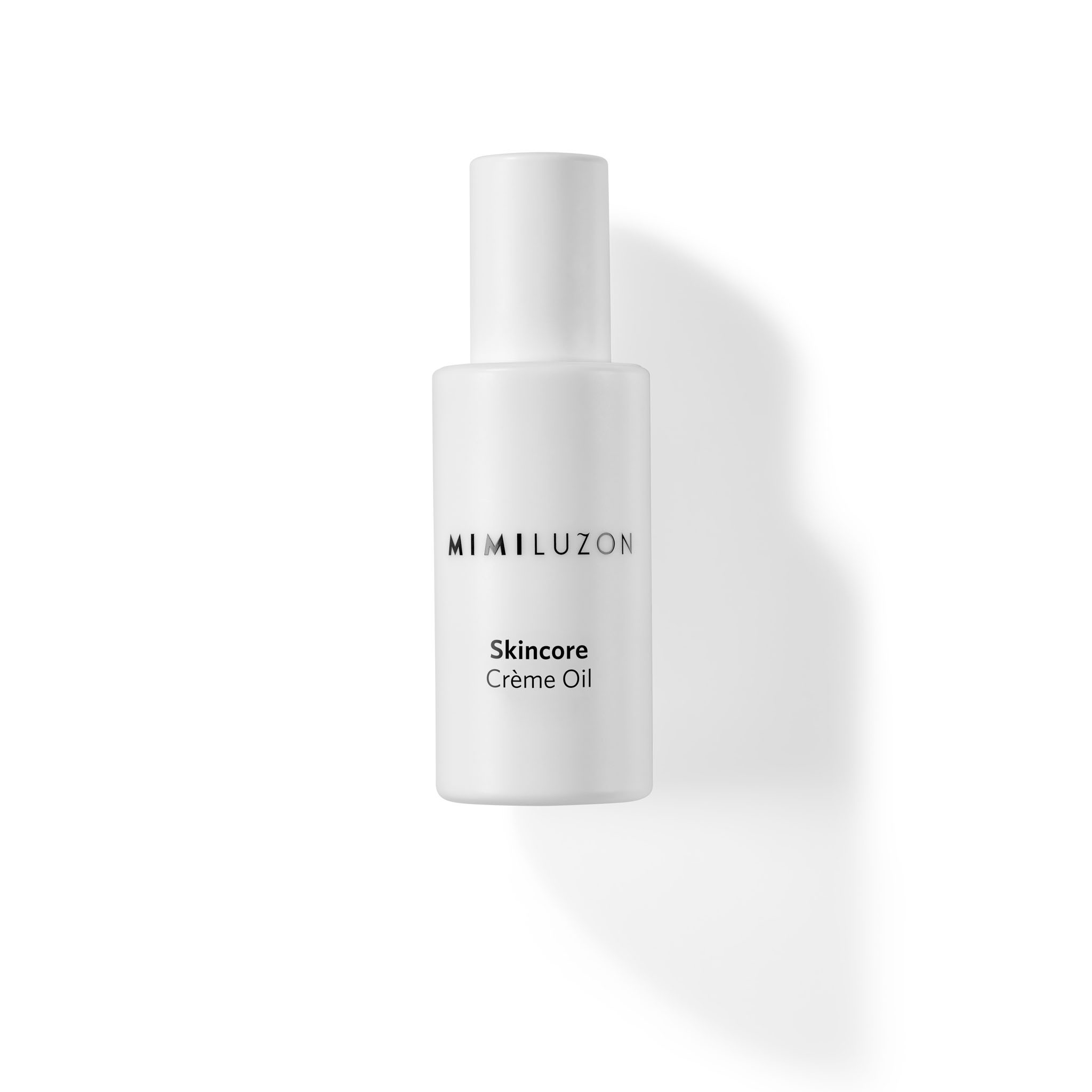
Pros: Brimming with skin-brightening antioxidants, feels soothing on the skin
Cons: Oil-cream format might be too heavy for some
Other key ingredients: Fruit enzymes
Celebrity aesthetician Mimi Luzon may be most famous for her 24K gold mask (seen on the likes of Cara Delevingne, Irina Shayk, and Gigi Hadid), but her bakuchiol-infused Crème Oil honestly deserves just as much hype. It smooths and tightens skin, instantly relieves redness with aloe vera and cucumber, and gently exfoliates and brightens with fruit enzymes. It's like a five-star meal for thirsty, tired skin.
Best for Dry Skin: Dr. Jart+ Prejuvenation Firming Bakuchiol Serum for Preventative Aging
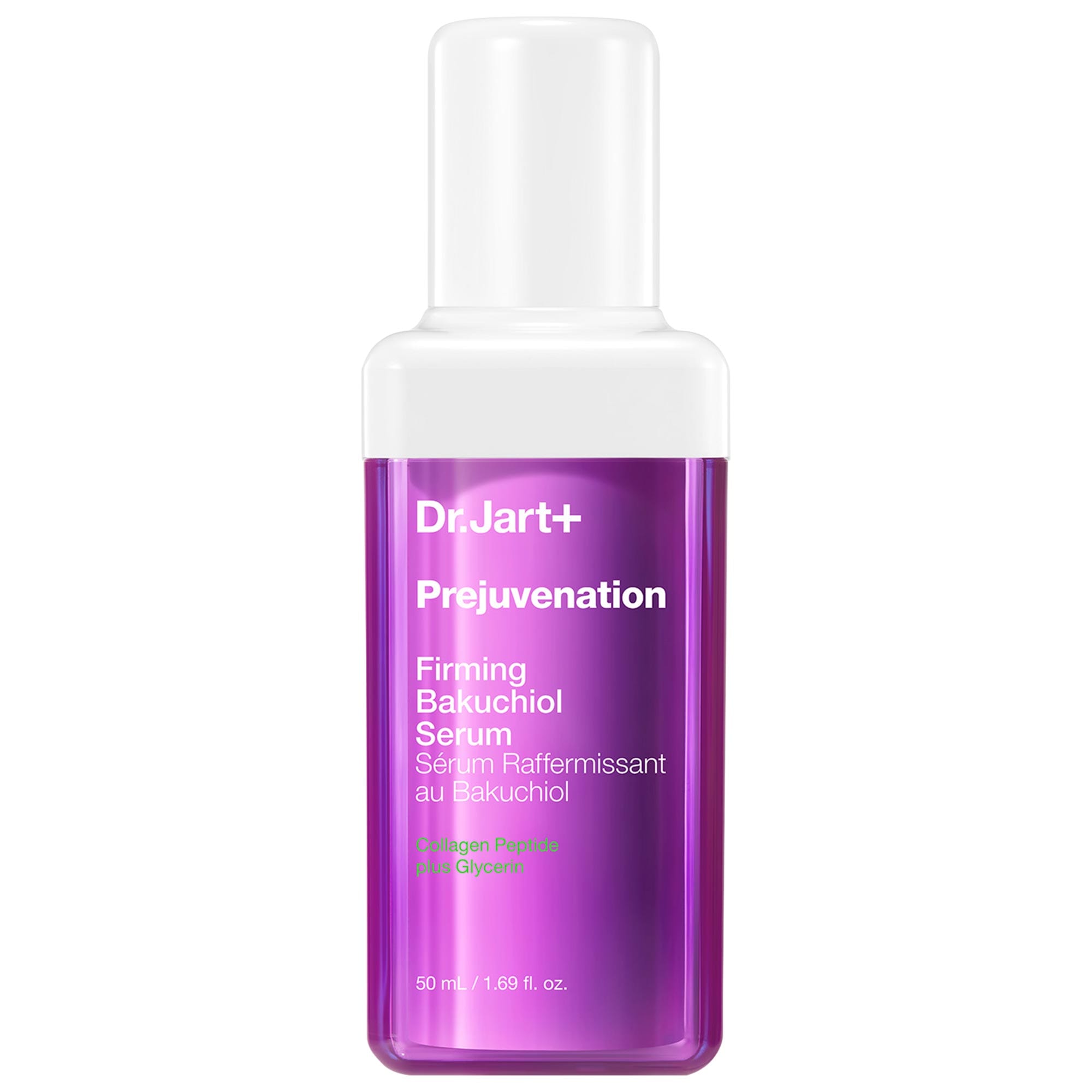
Pros: Gentle enough to use twice a day, has a lightweight texture that never pills
Cons: Contains fragrance
Other key ingredients: Peptides, glycerin
The combination of bakuchiol, peptides, and glycerin is such a winning trio for treating signs of skin aging. Bakuchiol softens fine lines, peptides target firmness, and glycerin plumps the skin with hydration. There's truly no better trifecta, and because there are no acids or enzymes, the formula is gentle enough to slather on twice a day.
Customer review: "I’ve ran through this entire bottle so quick because I can’t stop using it. It quickly became a staple in my skincare routine because I love how soft and moisturized my skin became after using it. I love all Dr.Jart products because they work so well with my skin. Would recommend!"
Best for Fine Lines: Avene Retrinal Serum Advanced Correcting Serum
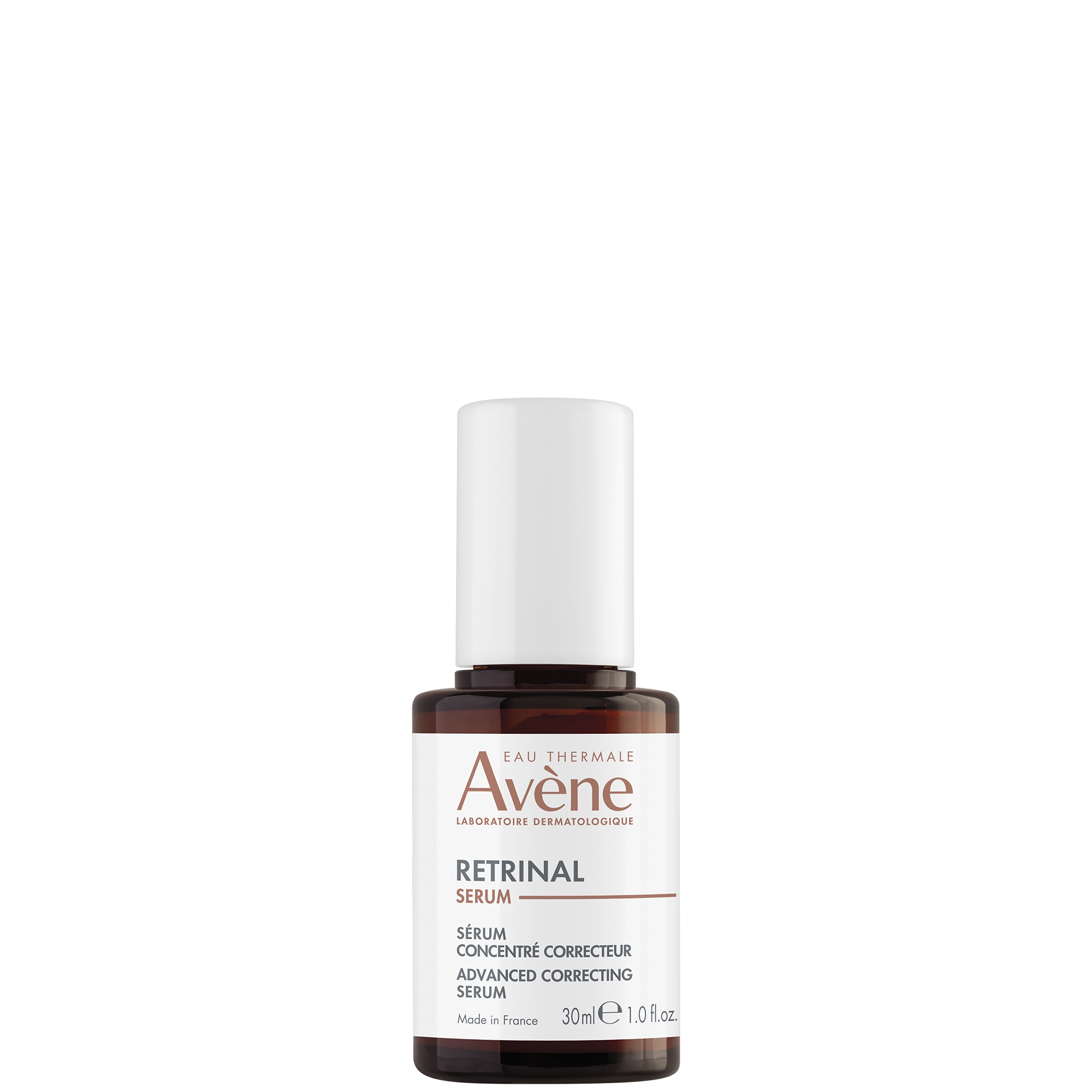
Pros: Strengthens the skin barrier and safe for sensitive skin
Cons: Dispenser may be prone to breaking
Other key ingredients: Hyaluronic acid, niacinamide, pre-tocopheryl, Avene thermal spring water
If plump, hydrated skin is the goal, look no further than this serum from Avene. The formula was designed to instantly reduce the appearance of fine lines and wrinkles, while ingredients like hyaluronic acid add moisture to support the skin barrier. It provides 24 hours of hydration and it's safe for sensitive and mature skin.
Customer review: "This serum is amazing. A little goes a long way, so use it sparingly considering the price. Since I’ve started using it, I get so many complements on how nice and pretty my skin is. It’s worth every penny."
Best Drugstore Buy: Burt's Bees Renewal Intensive Firming Serum
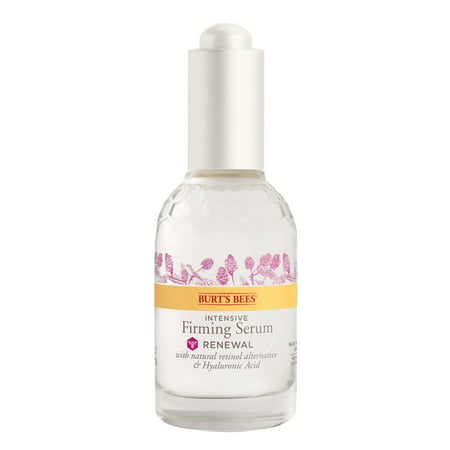
Pros: Improves elasticity and firmness
Cons: Can be drying for those with sensitive skin
Other key ingredients: Hyaluronic acid
No need to drop a ton of money on quality skincare. This option from Burt's Bees is a budget-friendly alternative formulated to improve skin firmness and texture. It can be used both day and night, and it's packed with hyaluronic acid to help you retain moisture. The formula is milky, but it doesn't leave skin feeling sticky. The scent is also a big win for those who like gentle fragrances.
Customer review: "I love everything about this product. It has a very light scent that I love, and I’m picky with scented products. It leaves my skin very soft and not oily after hours of applying. I also see a difference in it helping with fine lines under my eyes. I’m obsessed with it actually. Please don’t ever discontinue!!!!"
Wait, what's bakuchiol again?
Let's review, shall we? "Bakuchiol is a plant-based ingredient that comes from the seeds and leaves of the Babchi plant, which has been used in traditional Ayurvedic and Chinese medicine," says Koestline. "What’s cool about bakuchiol is that it delivers similar results to retinol, like boosting collagen production, smoothing out fine lines, and evening skin tone, but without the typical side effects of retinol, like redness or peeling."
Essentially, it's a powerful substance that performs similarly to retinol yet doesn't come with the same dreaded side effects. "It’s a great alternative if you have sensitive skin or if retinol is just too harsh for you," Koestline adds. Feel free to read more about it in our big bakuchiol explainer.
FAQ
What types of bakuchiol work best?
According to Koestline, bakuchiol doesn't have different "types" to choose from, whereas retinol comes in many forms (retinol, retinal, retinyl palmitate, etc.).
"What really matters is the purity and quality of the extract used in products," she says. "The best bakuchiol products will use pure, stabilized bakuchiol and combine it with other complementary ingredients, like hydrating agents or antioxidants. So the form that works best is the one that’s well-formulated to deliver bakuchiol effectively to your skin."
What percentage of bakuchiol is most effective?
While type may not play a role, concentration matters. According to Hogan, "If there is not enough bakuchiol in a skincare product, it may not be effective." That said, you don't need to seek out anything super high—a concentration between 0.5% to 2% will serve you well. "A good rule of thumb is around 1% to get a nice balance of potency without overwhelming your skin," adds Koestline.
Which is better: retinol or bakuchiol?
It's kind of a trick question, as one isn't necessarily "better" than the other. It all depends on your skin goals and what your complexion can handle. If you're looking for the skin-smoothing benefits of retinol, you might as well go straight to the source.
However, if you can't use retinol for any reason (you have sensitive skin, are pregnant, or just prefer a gentler option), then bakuchiol may be better suited for your needs. "If you’re already using retinol and your skin loves it, there’s no need to switch, but if you’re looking for something gentler, bakuchiol is worth trying," says Koestline.
What are the downsides of bakuchiol?
The main downside is that while it has similar benefits to retinol, the vitamin A derivative is still the gold standard when it comes to treating aging skin. With bakuchiol, "it may take several months of use for any benefit to be noted," Hogan explains. "Bakuchiol, however, is better tolerated than retinol and users experience less redness, flaking and irritation than with retinol."
As for side effects, Koestline notes bakuchiol is very gentle and generally works for all skin types. "However, since it’s still a skincare ingredient, there’s always a small chance of irritation or an allergic reaction, but those cases are rare," she adds. "As with any new product, it’s always smart to patch-test first just to be safe."
Why trust Who What Wear
Since 2006, Who What Wear has been a digital fashion, beauty, and lifestyle publication and community where people can discover the latest brands, trends, and must-have products to help define and evolve their personal style. Think of Who What Wear as your most trusted style and shopping resource.
This story was published at an earlier date and has since been updated.
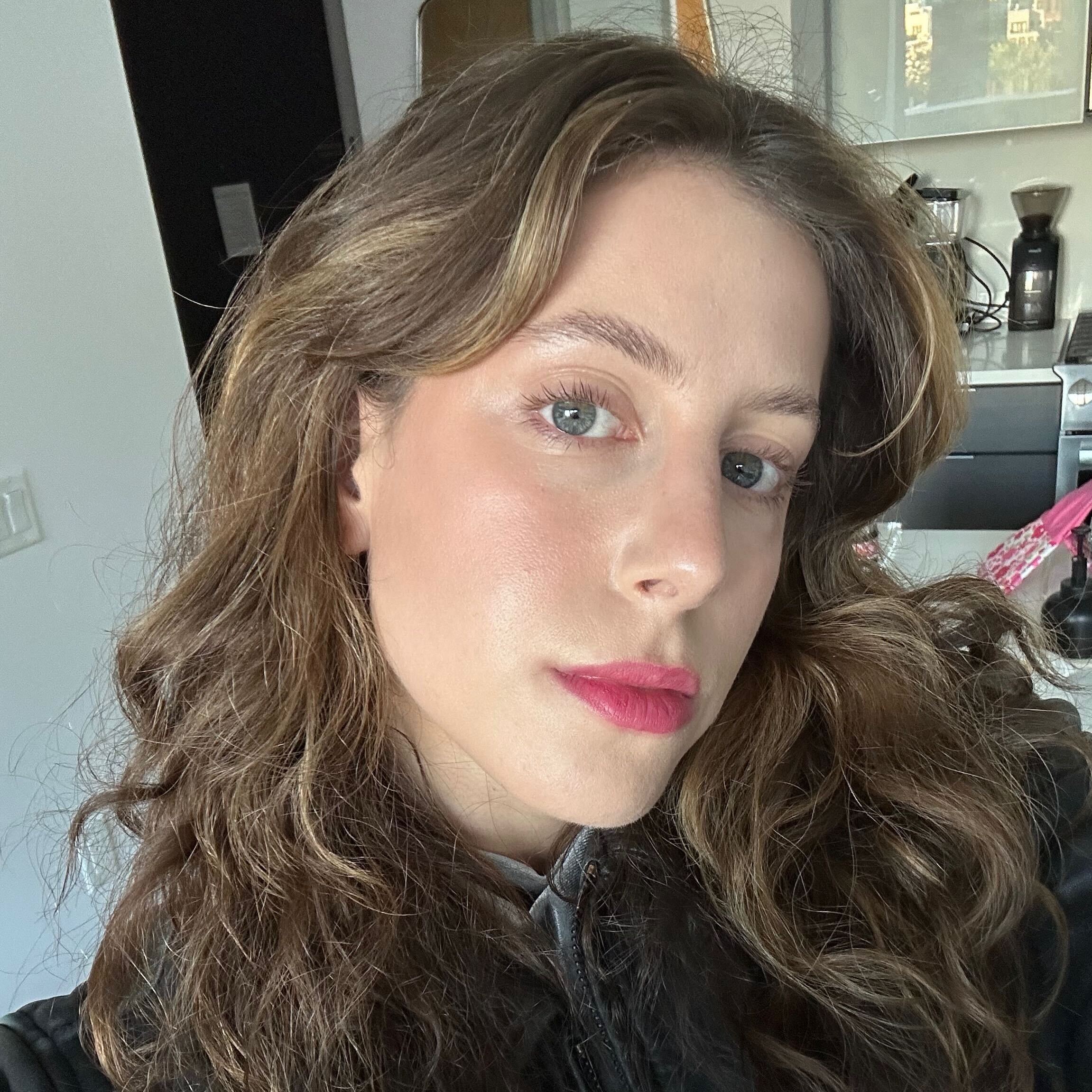
Jamie Schneider is Who What Wear’s senior beauty editor based in New York City. With over seven years in the industry, she specializes in trend forecasting, covering everything from innovative fragrance launches to need-to-know makeup tutorials to celebrity profiles. She graduated from the University of Michigan with a B.A. in Organizational Studies and English before moving to NYC, and her work has appeared in MindBodyGreen, Coveteur, and more. When she’s not writing or testing the latest beauty finds, Jamie loves scouting antique homewares, and she’s always down for a park picnic in Brooklyn.